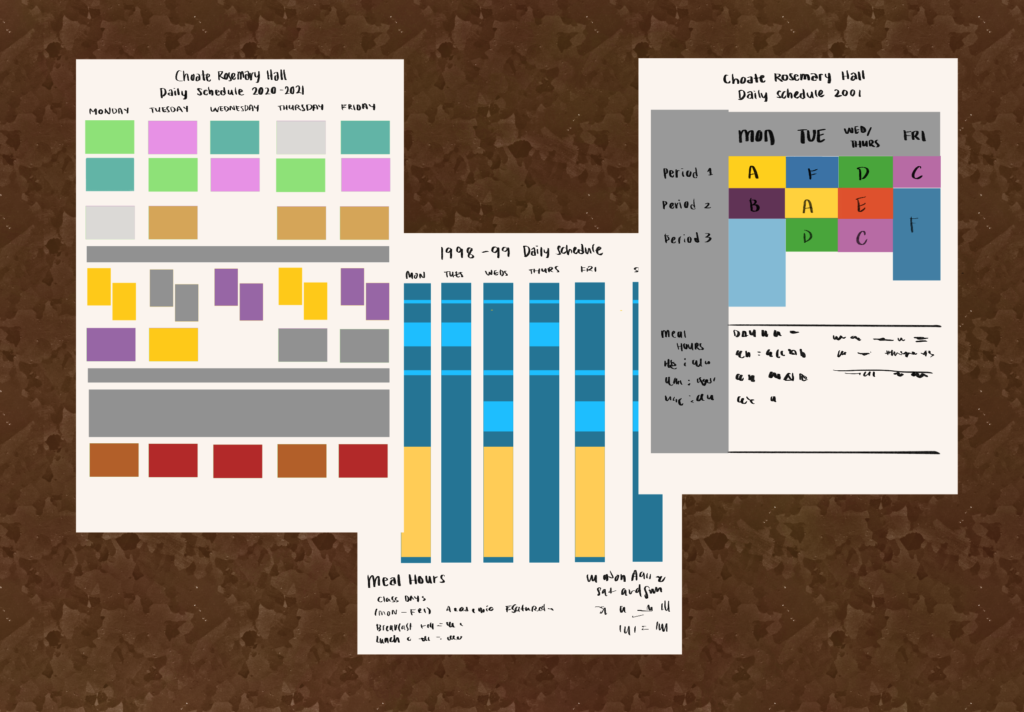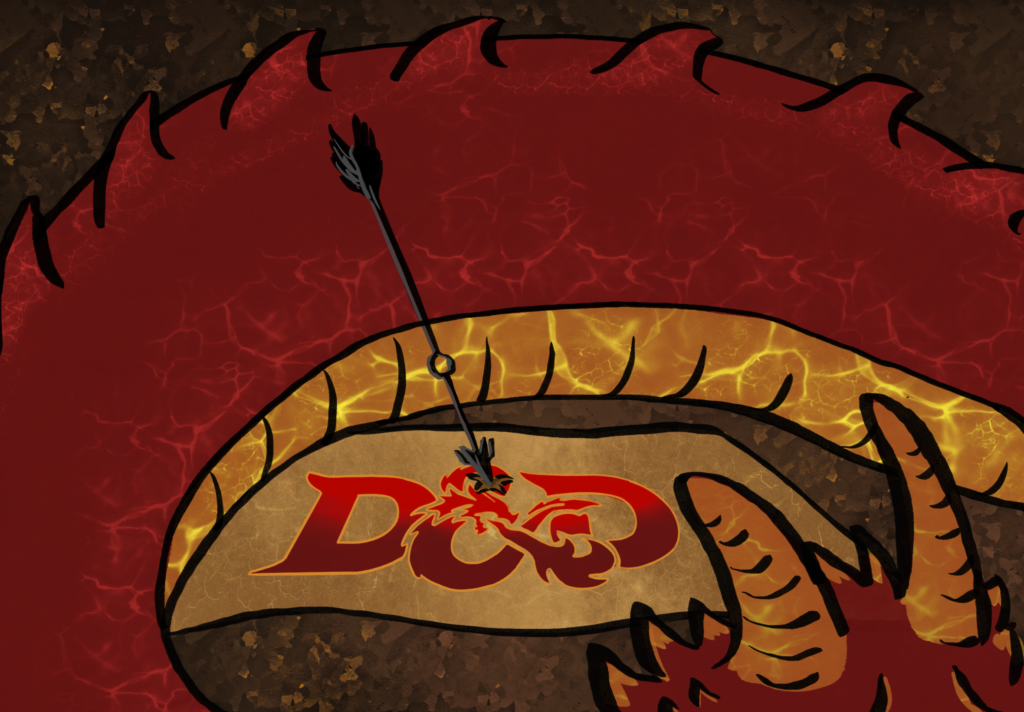For six class days in the winter term, one Latin 350 student’s to-do list looked like this: 1) Pass a consultum on at least one of the large issues for debate. 2) Take office as planned on January 1. 3) Gain as much power as possible. This was the mission of Julius Caesar, one of the many playable Roman senators in Mr. Oliver Morris’s Latin 350 simulation called “Reacting to the Past.”
“Reacting to the Past” is a series of elaborate games set in the past in which students are given roles to take that are based on key historical events. These games are similar to Model United Nations in that they intend to draw students into the past, stimulate conversations about big ideas, and improve academic skill sets.
Set in 63 BCE, Mr. Morris’s simulation involved assigning students roles of Roman senators just after Cicero, a consul and presiding magistrate, accused Lucius Sergio Catilina, a Roman senator, of conspiracy against the Roman Republic. The game featured speeches, discussions, accusations, and marches on Rome. Each character had to give a speech on one of three main topics: The Senatus Consultum Optimum (SCU), or the final decree of the senate; land and debt reform; and amnesty for hostes (enemies). All had different victory conditions that they intended to achieve in order to win the game.
Ana Jonke ’19, who played Catulus, felt that it was “interesting to play a different character; it really got me in the head of the senators and what their thought process was.” She continued, “You also got to experience the little details like the sacrifices and the history of other people and how their background influences the speeches that they give.”
Claire Gussler ’19, who played Pulcher, enjoyed her experience in the simulation. Gussler said that the one issue that she had was that “people were super unwilling to change their opinions, because it was on their objective sheet what they needed to do, so even if you made a really good point, people were unwilling to listen.” Taylor John-Lewis ’19, who played Hybrida, as well as Will Greve ’20, who played Silanus, agreed. Greve added that someone had to work hard to sway votes to get a majority of the pedarii in favor of his or her consultum, because one person doesn’t have just one vote. Instead, each character had multiple votes in the form of pedarii, leading to an unequal distribution of votes.
While many members of the class felt constrained by the rules of the game, students soon embraced the freedom of their characters. At one point, Cato, played by Hilal Zoberi ’20, tried to declare Caesar an enemy of the state because of Cato’s personal conflicts with Caesar and the fear of Caesar gaining too much power and becoming a dictator.
This was Mr. Morris’ first time doing “Reacting to the Past” in any of his classes, but he hopes to try it again in the future. Mr. Morris said that some of the topics of discussion are echoed today, such as the “concentration of wealth in the hands of the few, and the relative destruction of the middle class, so that everyone is either very, very rich (just a few of them) or quite poor.”




